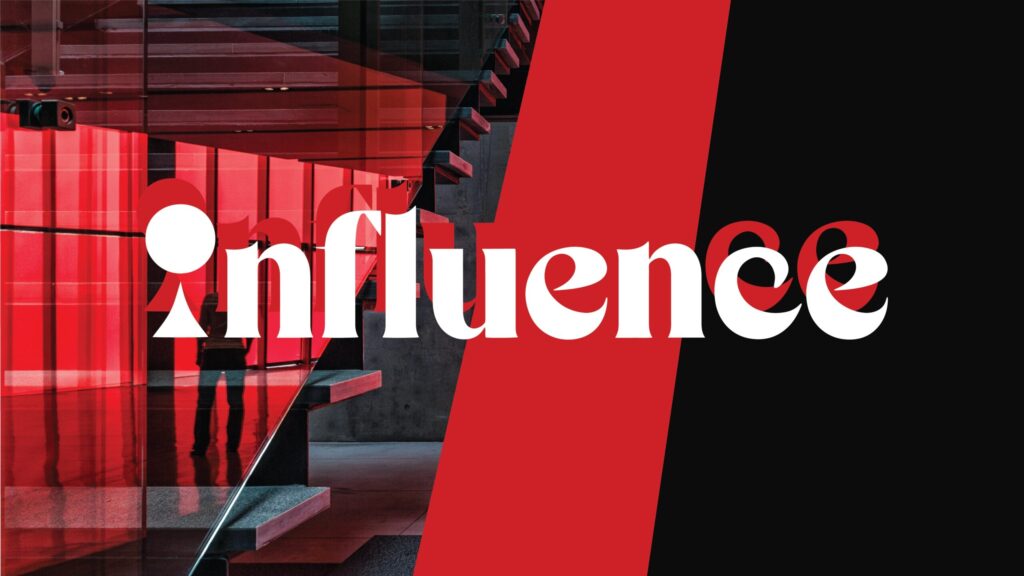Online advertising has become a crucial element of most businesses’ marketing strategies, with Google Ads and Facebook Ads emerging as two prominent platforms. The ongoing competition between these methods often intrigues businesses deciding which platform to leverage.
Here’s a comparison of Google Ads and Facebook Ads to aid in understanding their distinctions and making the best choice for your marketing objectives.
What is Google Ads and Facebook Ads?
Google Ads has long been Google’s online advertising platform, allowing businesses to run ads on Google’s search engine and network. Advertisers pay per click, and the platform provides various ad formats and targeting tools for effective outreach.
Facebook Ads, now known as Meta Ads, enables users to create and run ads on the platform. It offers diverse ad types and allows customization of the target audience based on demographics and interests. Advertisers can set their budget and choose their preferred advertising model, like pay-per-click (PPC) or pay-per-impression (CPM).
Compare Google Ads and Facebook Ads
The similarities between Google Ads and Facebook Ads lie in the core functionality of both online advertising platforms. Both are pay-per-click advertising platforms, requiring businesses to pay for each ad impression and each ad click. This creates a flexible payment structure where you can control your advertising budget and only incur costs when there are ad views or clicks.
Below is a table summarizing the differences between Google Ads and Facebook Ads.
| Feature | Google Ads | Facebook Ads |
| Target Audience | Users who have expressed interest in your product or service through Google searches | Users based on personal information, preferences, and social media behavior |
| Ad Types | Text ads, image ads, video ads, and product ads | Images, videos, newsfeed ads, carousel ads, dynamic ads, and more |
| Ad Reach | Google’s search results page and partner websites within the Google Display Network | Facebook, Instagram, Messenger, and various other apps owned by Facebook |
| Interaction and Virality | Generate direct website traffic through search | Promote social interactions, sharing, and content virality |
| Budget Control | Pay for each click on your ad | Pay based on the CPC (Cost-Per-Click) or CPM (Cost-Per-Mille) model |
Advantages and disadvantages of Google Ads
With more than 3.5 billion searches per day, Google offers advertisers access to an unprecedented and unparalleled pool of potential users who are actively searching for products and services.

Advantages of Google Ads
AdWords is great because it helps you precisely target potential customers when they search for keywords related to your business. With Google Ads, your ads show up at the top of Google search results, reaching the audience actively looking for your products or services. You can also customize where your ads appear, from specific cities to entire countries, to match your customer base.
Google Ads is flexible, showing ads only to potential customers and charging you only when someone clicks, making it a cost-effective option. Plus, Google provides detailed analytics so you can easily see how well your ads are doing, refine your strategies, and improve performance.
Disadvantages of Google Ads
Google Ads might be tricky, especially for beginners. Effectively handling campaigns may need time to learn or professional help. The platform has many settings and options, which can be confusing and lead to mistakes if you’re not familiar with them.
In some industries, specific keywords are highly competitive, causing bid prices for ad placements to soar. This can be tough for smaller businesses with limited budgets, making it hard for them to compete effectively.
Advantages and disadvantages of Facebook Ads
When it comes to advertising on Facebook, many people believe it’s still weaker compared to Google Ads. However, in reality, with Facebook’s strong growth in recent years, Facebook Ads has become a formidable competitor to Google Ads and a focal point in the digital marketing strategy of many businesses and large corporations. This is because its reach to potential customers and attraction of diverse customer profiles are substantial.

Advantages of Facebook Ads
Facebook Ads excels in precise audience targeting through customizable campaign settings, reaching users based on interests, demographics, and location. It offers a cost-effective pricing model where you pay either when someone clicks on your ad or per 1,000 ad impressions (CPM), making it budget-friendly compared to traditional advertising methods.
Moreover, Facebook Ads fosters strong customer connections by linking your website to your Facebook page, enabling easy access to information and online purchases. It also supports customer engagement and feedback collection, facilitating customer retention and acquisition. Plus, it provides complete budget control, allowing daily or strategy-based payment options for efficient cost management.
Disadvantages of Facebook Ads
Facebook Ads appear continuously in users’ Newsfeeds and Messenger, which may sometimes make some users feel annoyed and report them as spam. Additionally, not all ads are immediately effective, and you may have to wait for 3 to 7 days from the start of the campaign.
During this time, Facebook collects necessary data to target more accurately, ensuring the highest effectiveness for your business.
So should you choose Google Ads or Facebook Ads?
Google Ads and Facebook Ads are both potentially suitable for many different industries, but they have some different advantages and priorities that we’ve outlined above. Below are some examples of industries that each platform may be suitable for that we have compiled.
Google Ads
With a large budget and clear goals, Google Ads can be a good choice. It ensures that you will reach users who are highly likely to buy your product or service.
You need to focus on developing your customer file, attracting new customers with the purpose of increasing sales or need to improve your reputation to increase the level of trust from customers. Google will help you bring in better profits with lead attraction campaigns (potential customers).
- Administrative Services and Information Technology: Businesses offering services such as technical support, software, network management, or web hosting can utilize Google Ads to reach users actively searching for IT solutions.
- Real Estate: The real estate industry can benefit from Google Ads by advertising properties for sale, rental listings, or construction projects to potential buyers or tenants.
- Healthcare and Health Services: Doctors, clinics, and healthcare services can use Google Ads to attract patients and provide information about medical services.
- Education and Training: Schools, training centers, and educational organizations can use Google Ads to find students or learners interested in their programs.
Facebook Ads
If you are a small business with a limited budget, Facebook Ads may be a good first choice. This is an effective way to build your brand, engage with potential customers, and build a loyal customer base. Start with a small budget and then optimize your campaign based on your data.
If you want your brand to be widely “covered” in the community and want to increase brand recognition, Facebook advertising is the best choice for you.
- Fashion and Beauty: Businesses in the fashion, cosmetics, or beauty products sector often seek to reach users interested in fashion and beauty on social platforms like Facebook and Instagram.
- Food and Restaurants: Restaurants, cafes, and food-related businesses use Facebook Ads to promote their menu, special promotions, and reach local consumers.
- Consumer Products and Brands: Facebook Ads make it easy to establish brand presence and reach a large consumer audience, suitable for consumer product brands advertising their products and experiences.
- Events and Entertainment: Events, trade shows, or the entertainment industry frequently use Facebook Ads for promotion and ticket sales.
Google Ads services and Facebook Ads both have their own advantages and disadvantages, and choosing between them depends on your business goals, budget and industry. Most importantly, get in touch to monitor and optimize your service campaigns to ensure you get the best performance from both of these advertising platforms.
To learn more about how to maximize the impact of your Google Ads and Facebook Ads campaigns, you can visit Advertising Services page of Influence.
Conclusion
In this comprehensive comparison between Google Ads and Facebook Ads, we aim to help businesses better understand and choose the advertising method that aligns with their goals. Remember, the key to success lies in using both platforms together to maximize your marketing objectives.
Use Google Ads to target potential customers actively searching for your offerings, while Facebook Ads can enhance customer relationships and social interaction. Harnessing the strengths of both platforms can lead to a powerful and diversified advertising campaign.



